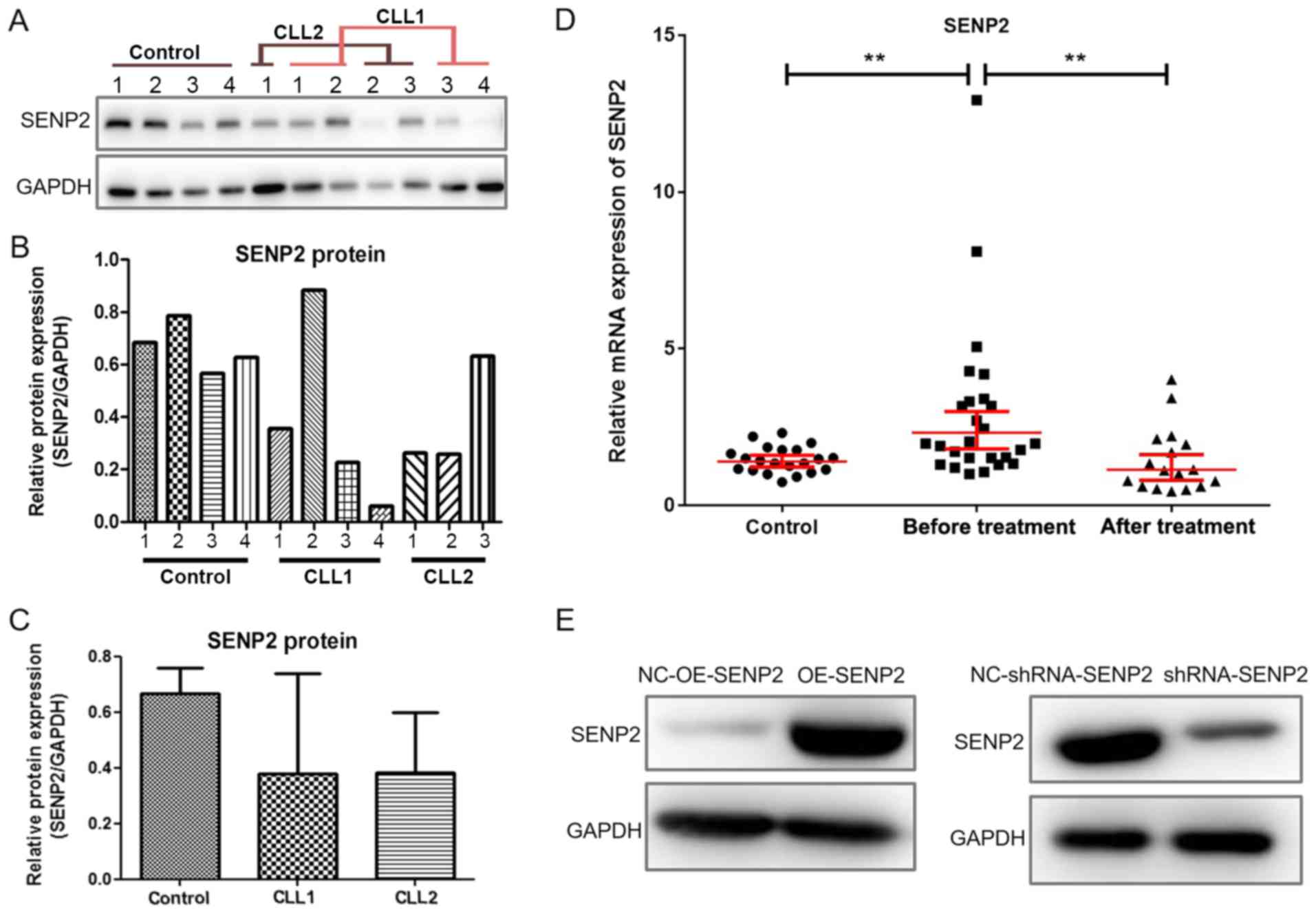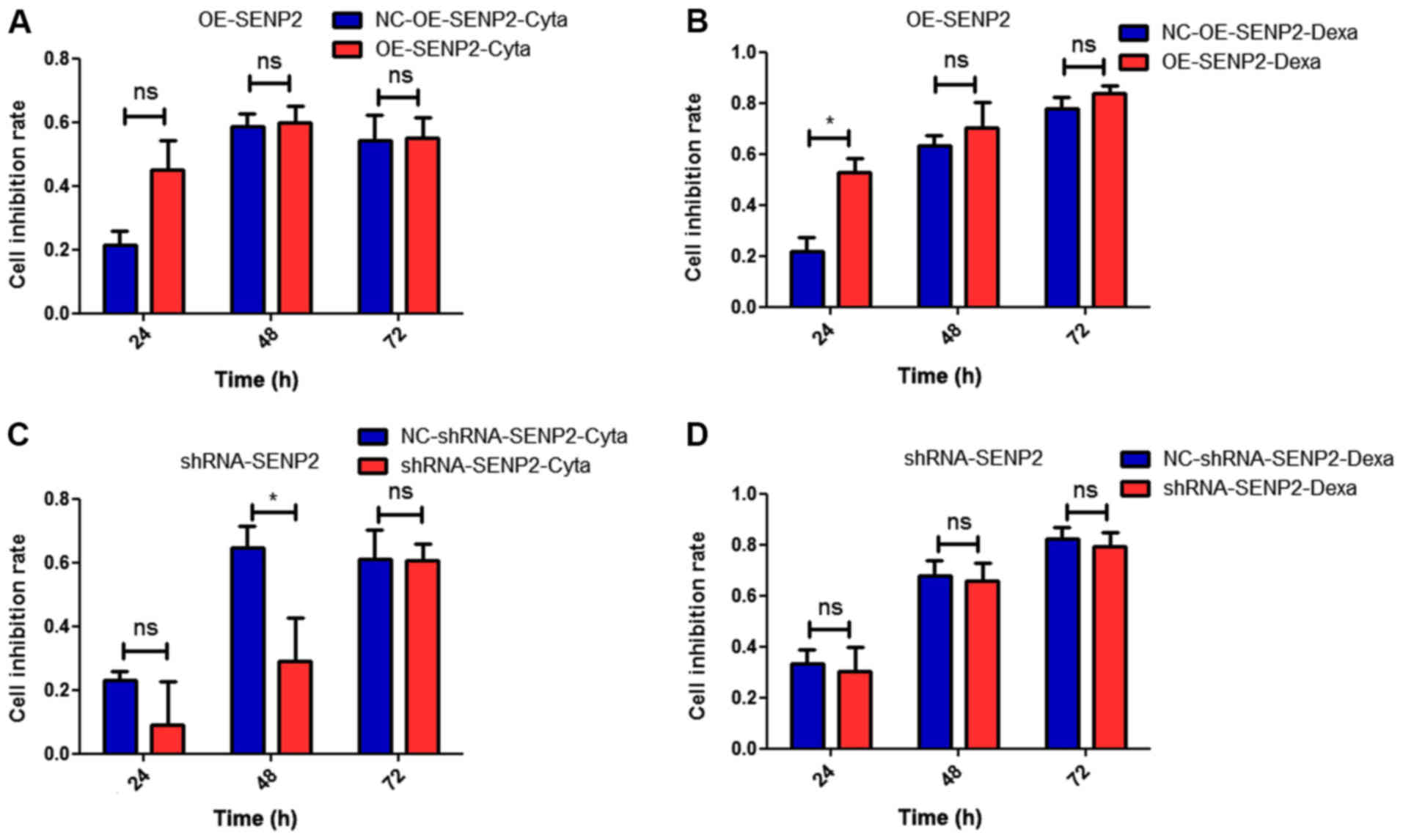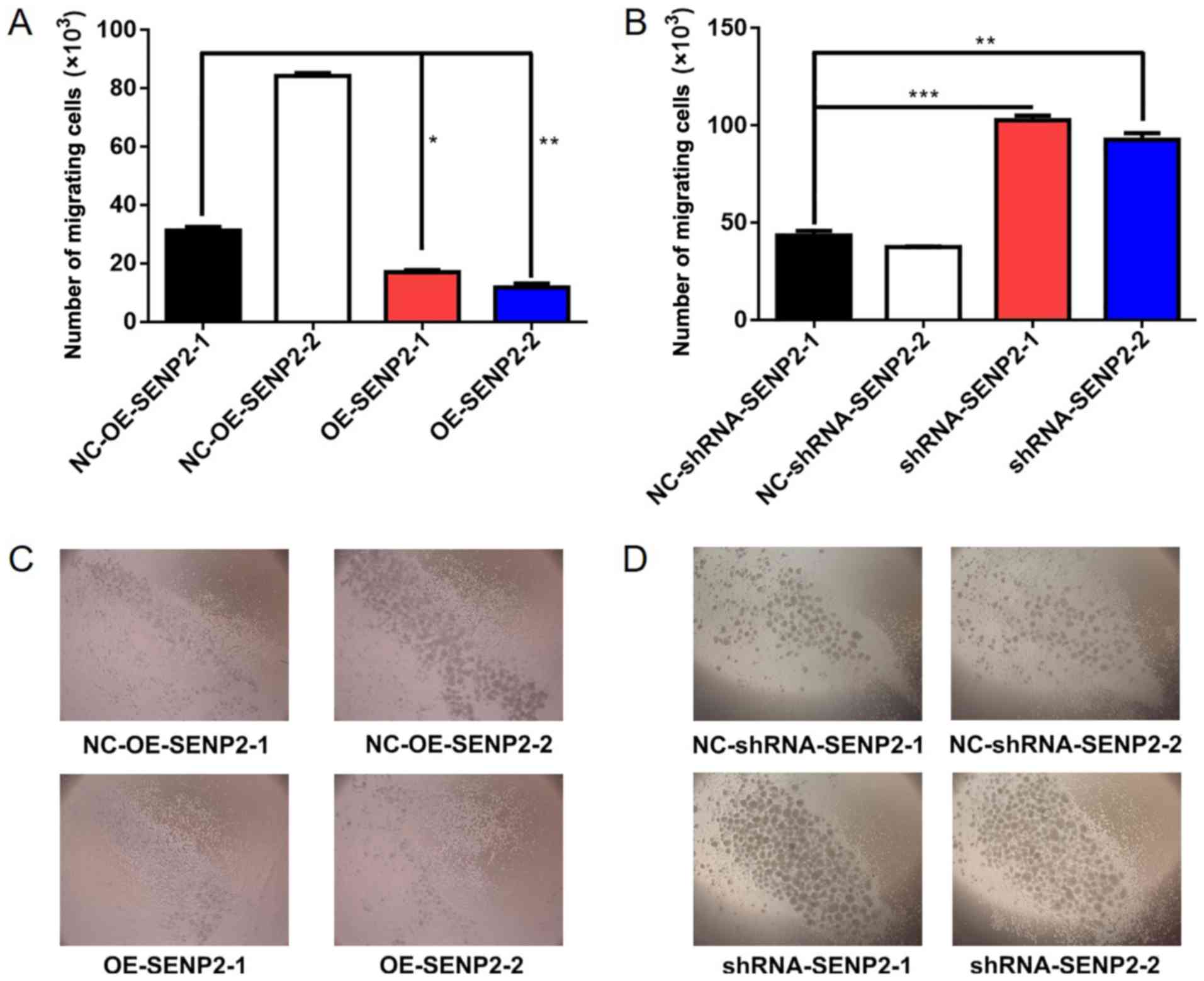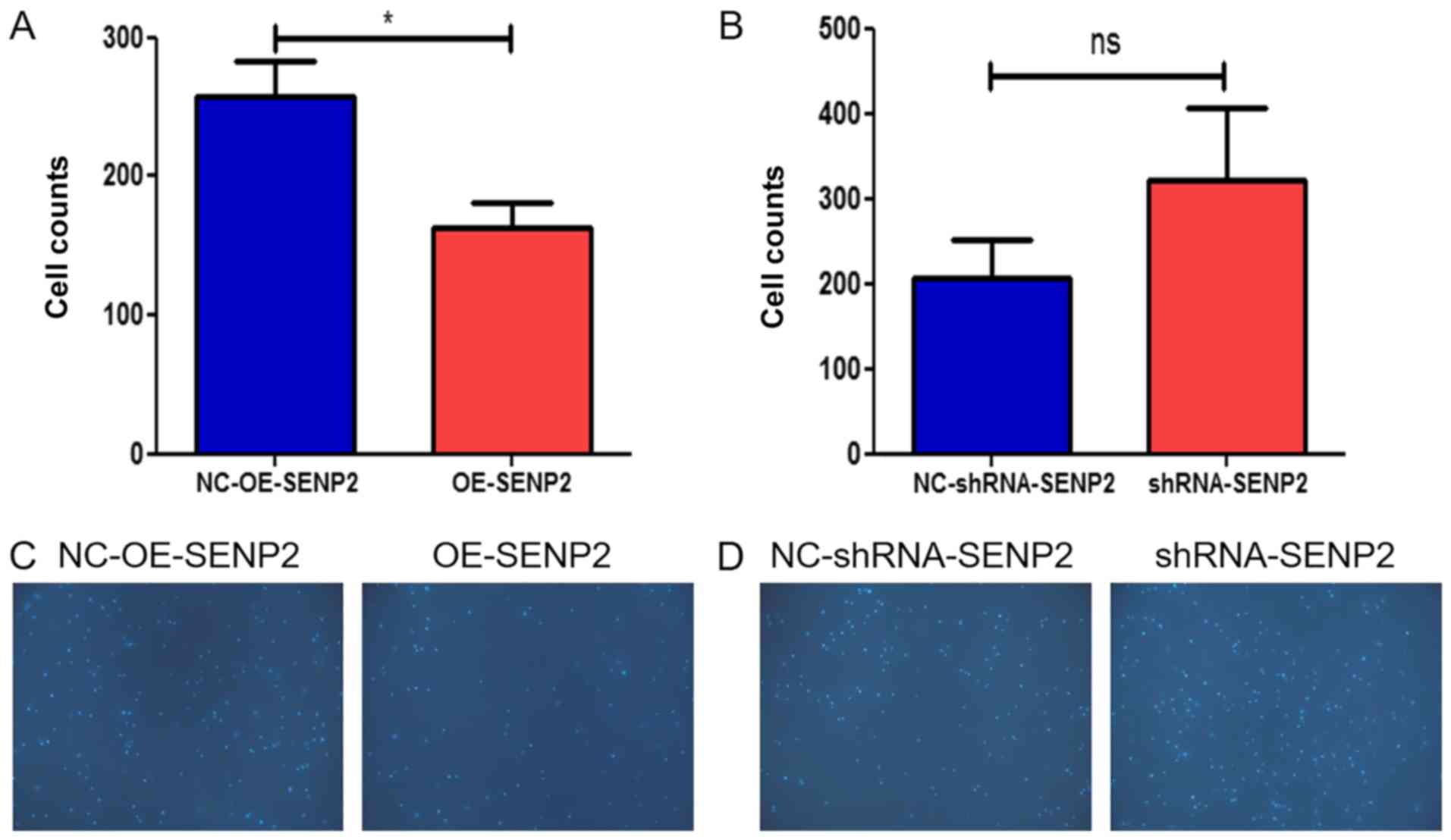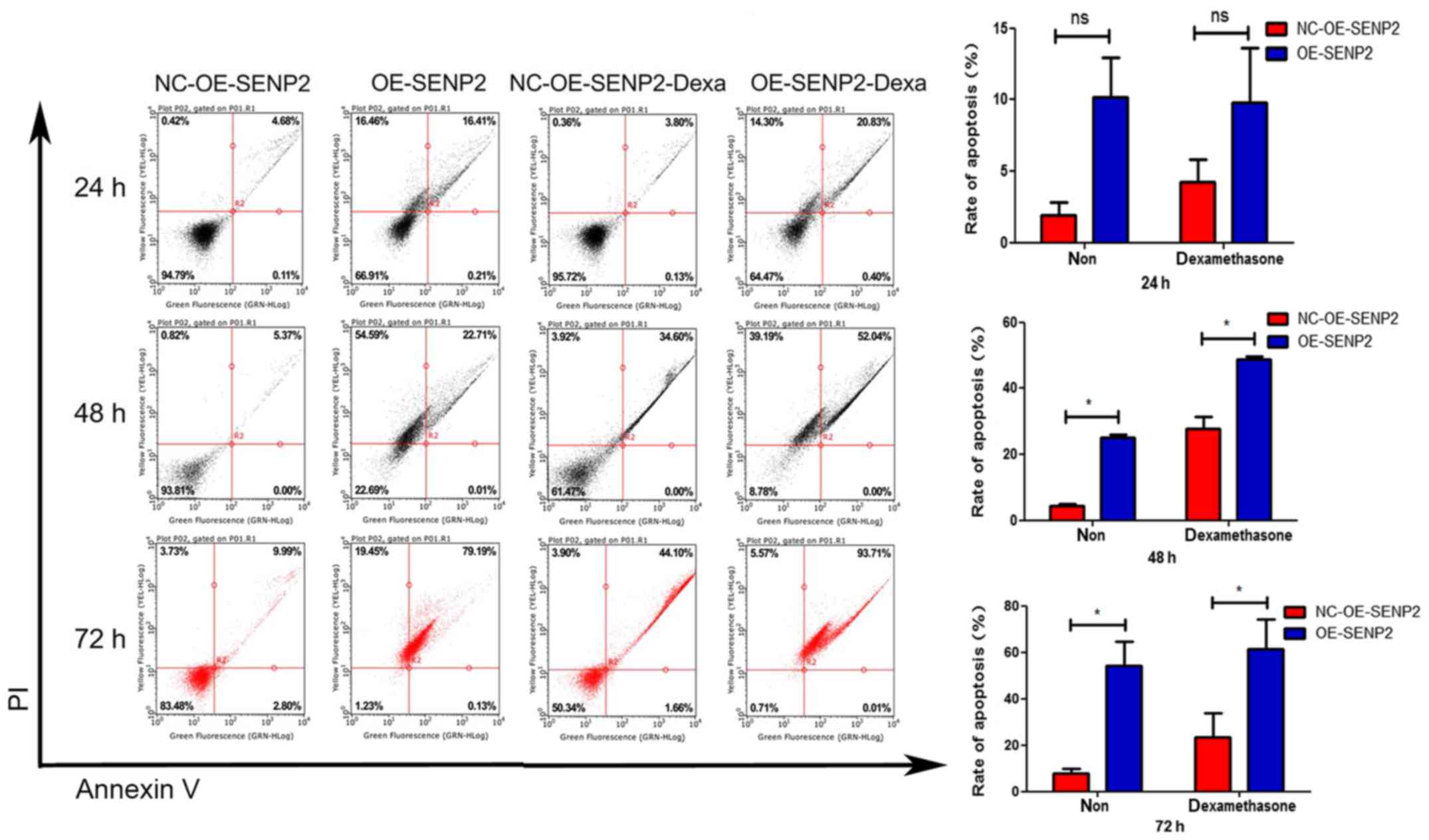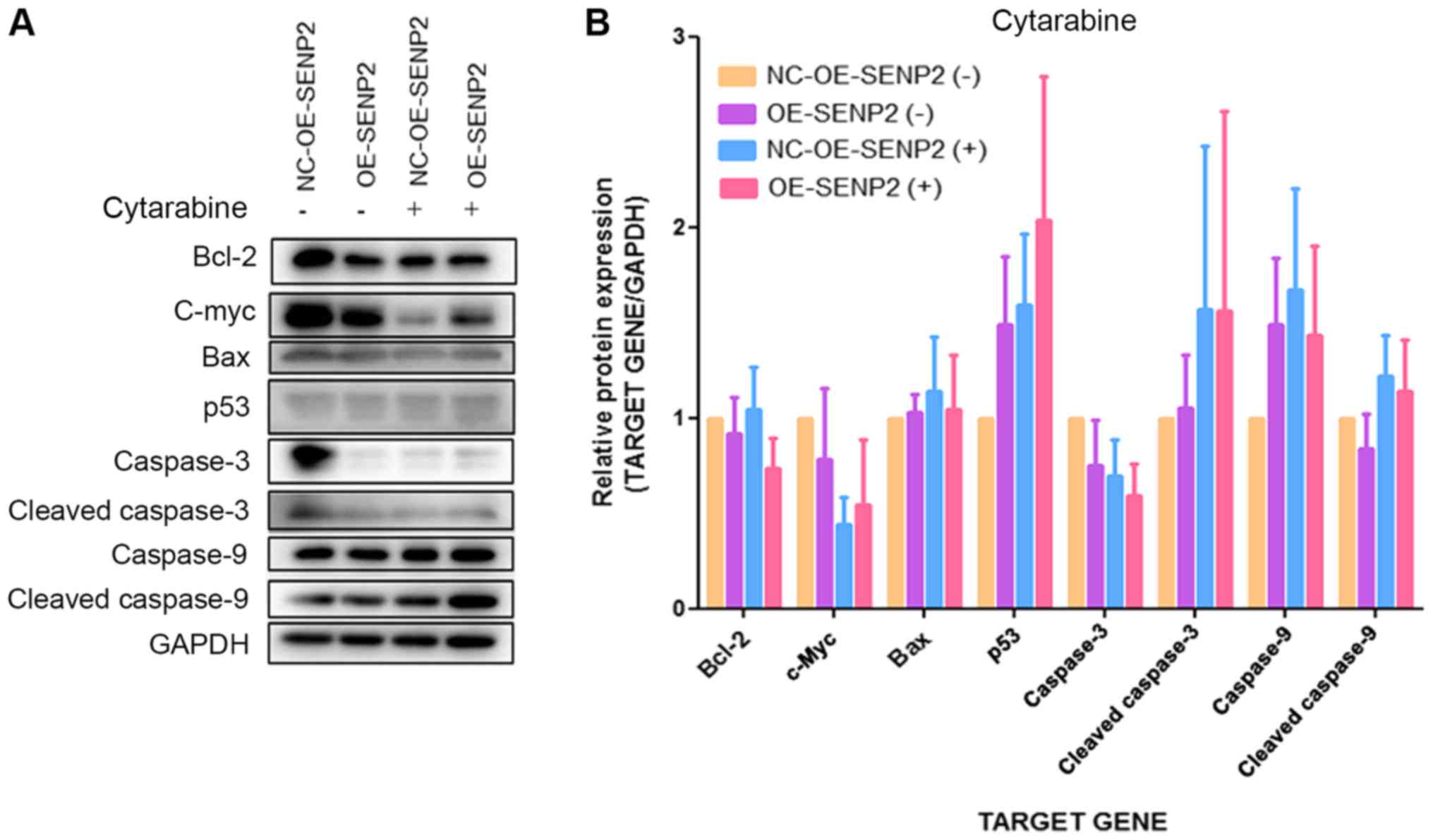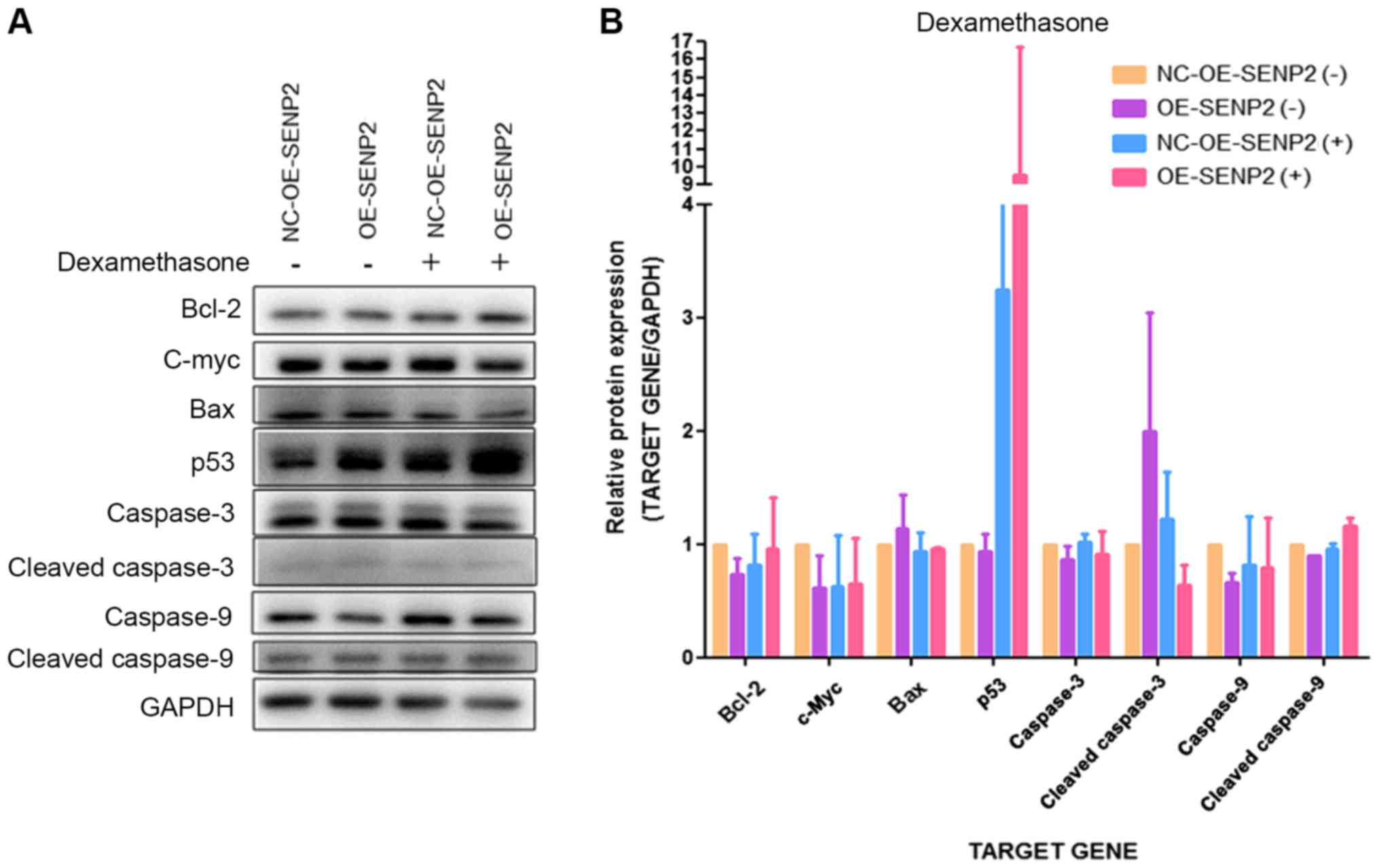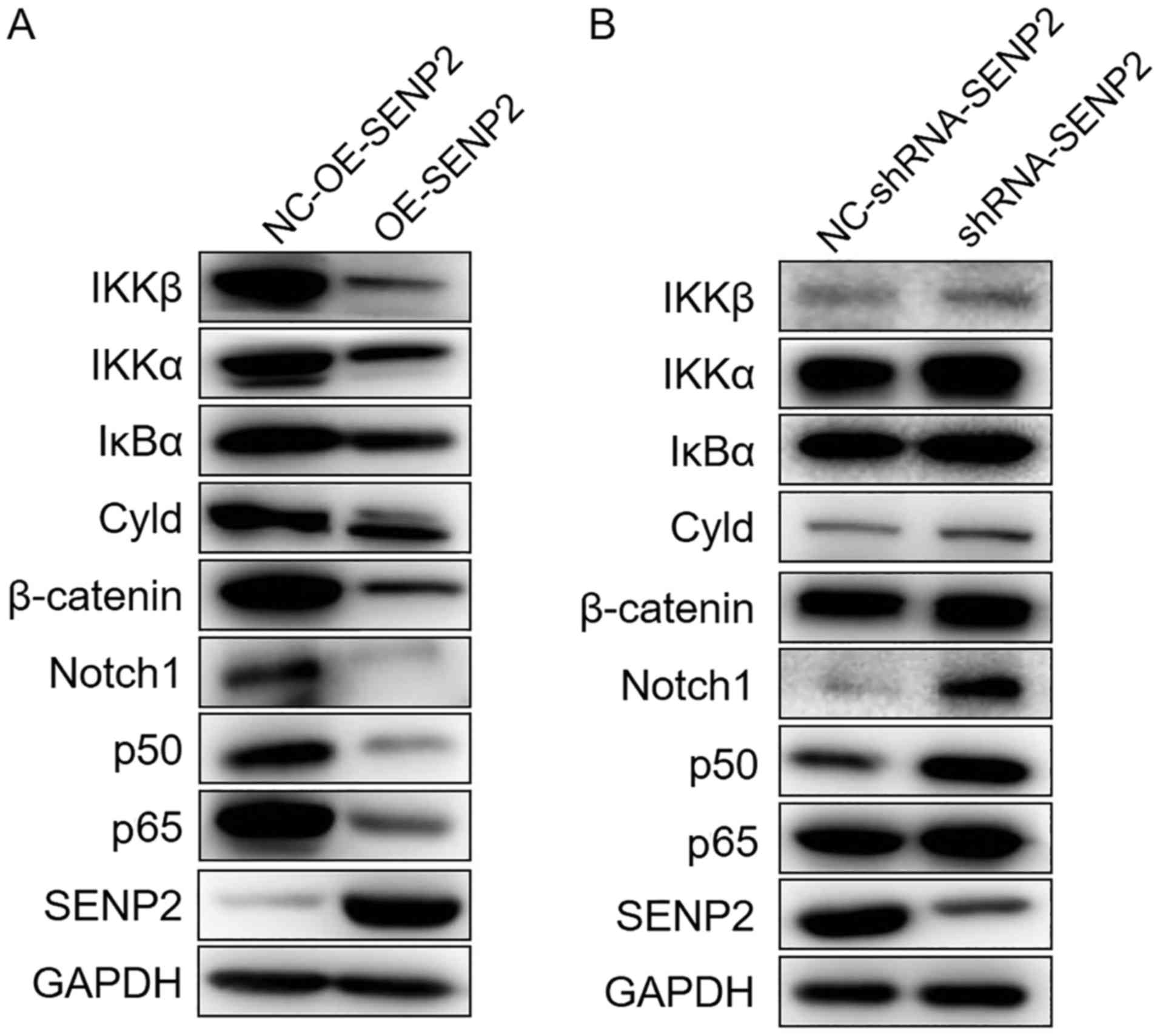|
1
|
Nabhan C and Rosen ST: Chronic lymphocytic
leukemia: A clinical review. JAMA. 312:2265–2276. 2014. View Article : Google Scholar
|
|
2
|
Barrientos JC: Management of chronic
lymphocytic leukemia in the elderly. Cancer Contr. 22(Suppl):
S17–S23. 2015. View Article : Google Scholar
|
|
3
|
Stilgenbauer S, Furman RR and Zent CS:
Management of chronic lymphocytic leukemia. Am Soc Clin Oncol Educ
Book. 35:164–175. 2015. View Article : Google Scholar
|
|
4
|
Xu Z, Zhang J, Wu S, Zheng Z, Chen Z and
Zhan R: Younger patients with chronic lymphocytic leukemia benefit
from rituximab treatment: A single center study in China. Oncol
Lett. 5:1266–1272. 2013. View Article : Google Scholar
|
|
5
|
Jamroziak K, Puła B and Walewski J:
Current treatment of chronic lymphocytic leukemia. Curr Treat
Options Oncol. 18:52017. View Article : Google Scholar
|
|
6
|
Chow KH, Elgort S, Dasso M, Powers MA and
Ullman KS: The SUMO proteases SENP1 and SENP2 play a critical role
in nucleoporin homeostasis and nuclear pore complex function. Mol
Biol Cell. 25:160–168. 2014. View Article : Google Scholar
|
|
7
|
Goeres J, Chan PK, Mukhopadhyay D, Zhang
H, Raught B and Matunis MJ: The SUMO-specific isopeptidase SENP2
associates dynamically with nuclear pore complexes through
interactions with karyopherins and the Nup107-160 nucleoporin
subcomplex. Mol Biol Cell. 22:4868–4882. 2011. View Article : Google Scholar : PubMed/NCBI
|
|
8
|
Kim JH and Baek SH: Emerging roles of
desumoylating enzymes. Biochim Biophys Acta. 1792:155–162. 2009.
View Article : Google Scholar
|
|
9
|
Kang X, Qi Y, Zuo Y, Wang Q, Zou Y,
Schwartz RJ, Cheng J and Yeh ET: SUMO-specific protease 2 is
essential for suppression of polycomb group protein-mediated gene
silencing during embryonic development. Mol Cell. 38:191–201. 2010.
View Article : Google Scholar : PubMed/NCBI
|
|
10
|
Jiang M, Chiu SY and Hsu W: SUMO-specific
protease 2 in Mdm2-mediated regulation of p53. Cell Death Differ.
18:1005–1015. 2011. View Article : Google Scholar
|
|
11
|
Chiu SY, Asai N, Costantini F and Hsu W:
SUMO-specific protease 2 is essential for modulating p53-Mdm2 in
development of trophoblast stem cell niches and lineages. PLoS
Biol. 6:e3102008. View Article : Google Scholar
|
|
12
|
Nait Achour T, Sentis S, Teyssier C,
Philippat A, Lucas A, Corbo L, Cavaillès V and Jalaguier S:
Transcriptional repression of estrogen receptor α signaling by
SENP2 in breast cancer cells. Mol Endocrinol. 28:183–196. 2014.
View Article : Google Scholar : PubMed/NCBI
|
|
13
|
Tan M, Gong H, Wang J, Tao L, Xu D, Bao E,
Liu Z and Qiu J: SENP2 regulates MMP13 expression in a bladder
cancer cell line through SUMOylation of TBL1/TBLR1. Sci Rep.
5:139962015. View Article : Google Scholar
|
|
14
|
Shen HJ, Zhu HY, Yang C and Ji F: SENP2
regulates hepatocellular carcinoma cell growth by modulating the
stability of β-catenin. Asian Pac J Cancer Prev. 13:3583–3587.
2012. View Article : Google Scholar
|
|
15
|
Jiang QF, Tian YW, Shen Q, Xue HZ and Li
K: SENP2 regulated the stability of β-catenin through WWOX in
hepatocellular carcinoma cell. Tumour Biol. 35:9677–9682. 2014.
View Article : Google Scholar : PubMed/NCBI
|
|
16
|
Artavanis-Tsakonas S, Rand MD and Lake RJ:
Notch signaling: Cell fate control and signal integration in
development. Science. 284:770–776. 1999. View Article : Google Scholar
|
|
17
|
Nwabo Kamdje AH, Bassi G, Pacelli L,
Malpeli G, Amati E, Nichele I, Pizzolo G and Krampera M: Role of
stromal cell-mediated Notch signaling in CLL resistance to
chemotherapy. Blood Cancer J. 2:e732012. View Article : Google Scholar
|
|
18
|
Rosati E, Sabatini R, Rampino G, Tabilio
A, Di Ianni M, Fettucciari K, Bartoli A, Coaccioli S, Screpanti I
and Marconi P: Constitutively activated Notch signaling is involved
in survival and apoptosis resistance of B-CLL cells. Blood.
113:856–865. 2009. View Article : Google Scholar
|
|
19
|
Balatti V, Lerner S, Rizzotto L, Rassenti
LZ, Bottoni A, Palamarchuk A, Cascione L, Alder H, Keating MJ,
Kipps TJ, et al: Trisomy 12 CLLs progress through NOTCH1 mutations.
Leukemia. 27:740–743. 2013. View Article : Google Scholar
|
|
20
|
Rossi D, Rasi S, Fabbri G, Spina V,
Fangazio M, Forconi F, Marasca R, Laurenti L, Bruscaggin A, Cerri
M, et al: Mutations of NOTCH1 are an independent predictor of
survival in chronic lymphocytic leukemia. Blood. 119:521–529. 2012.
View Article : Google Scholar
|
|
21
|
Herishanu Y, Pérez-Galán P, Liu D,
Biancotto A, Pittaluga S, Vire B, Gibellini F, Njuguna N, Lee E,
Stennett L, et al: The lymph node microenvironment promotes B-cell
receptor signaling, NF-kappaB activation, and tumor proliferation
in chronic lymphocytic leukemia. Blood. 117:563–574. 2011.
View Article : Google Scholar
|
|
22
|
Fabbri G, Rasi S, Rossi D, Trifonov V,
Khiabanian H, Ma J, Grunn A, Fangazio M, Capello D, Monti S, et al:
Analysis of the chronic lymphocytic leukemia coding genome: Role of
NOTCH1 mutational activation. J Exp Med. 208:1389–1401. 2011.
View Article : Google Scholar : PubMed/NCBI
|
|
23
|
Puente XS, Pinyol M, Quesada V, Conde L,
Ordóñez GR, Villamor N, Escaramis G, Jares P, Beà S, González-Díaz
M, et al: Whole-genome sequencing identifies recurrent mutations in
chronic lymphocytic leukaemia. Nature. 475:101–105. 2011.
View Article : Google Scholar : PubMed/NCBI
|
|
24
|
Xu ZS, Zhang JS, Zhang JY, Wu SQ, Xiong
DL, Chen HJ, Chen ZZ and Zhan R: Constitutive activation of NF-κB
signaling by NOTCH1 mutations in chronic lymphocytic leukemia.
Oncol Rep. 33:1609–1614. 2015. View Article : Google Scholar
|
|
25
|
Baldoni S, Sportoletti P, Del Papa B,
Aureli P, Dorillo E, Rosati E, Ciurnelli R, Marconi P, Falzetti F
and Di Ianni M: NOTCH and NF-κB interplay in chronic lymphocytic
leukemia is independent of genetic lesion. Int J Hematol.
98:153–157. 2013. View Article : Google Scholar
|
|
26
|
Sun Q, Wang R, Luo J, Wang P, Xiong S, Liu
M and Cheng B: Notch1 promotes hepatitis B virus X protein-induced
hepatocarcinogenesis via Wnt/β-catenin pathway. Int J Oncol.
45:1638–1648. 2014. View Article : Google Scholar : PubMed/NCBI
|
|
27
|
Livak KJ and Schmittgen TD: Analysis of
relative gene expression data using real-time quantitative PCR and
the 2(−ΔΔC(T)) Method. Methods. 25:402–408. 2001. View Article : Google Scholar
|
|
28
|
Parikh SA and Shanafelt TD: Prognostic
factors and risk stratification in chronic lymphocytic leukemia.
Semin Oncol. 43:233–240. 2016. View Article : Google Scholar
|
|
29
|
Farah R, Al Danaf J, Braiteh N, Costa JM,
Farhat H, Mariani G and Giansily-Blaizot M: Life-threatening
bleeding in factor VII deficiency: The role of prenatal diagnosis
and primary prophylaxis. Br J Haematol. 168:452–455. 2015.
View Article : Google Scholar
|
|
30
|
Zenz T, Mertens D, Küppers R, Döhner H and
Stilgenbauer S: From pathogenesis to treatment of chronic
lymphocytic leukaemia. Nat Rev Cancer. 10:37–50. 2010. View Article : Google Scholar
|
|
31
|
Seiffert M, Dietrich S, Jethwa A, Glimm H,
Lichter P and Zenz T: Exploiting biological diversity and genomic
aberrations in chronic lymphocytic leukemia. Leuk Lymphoma.
53:1023–1031. 2012. View Article : Google Scholar
|
|
32
|
Lee MH, Mabb AM, Gill GB, Yeh ET and
Miyamoto S: NF-κB induction of the SUMO protease SENP2: A negative
feedback loop to attenuate cell survival response to genotoxic
stress. Mol Cell. 43:180–191. 2011. View Article : Google Scholar
|















